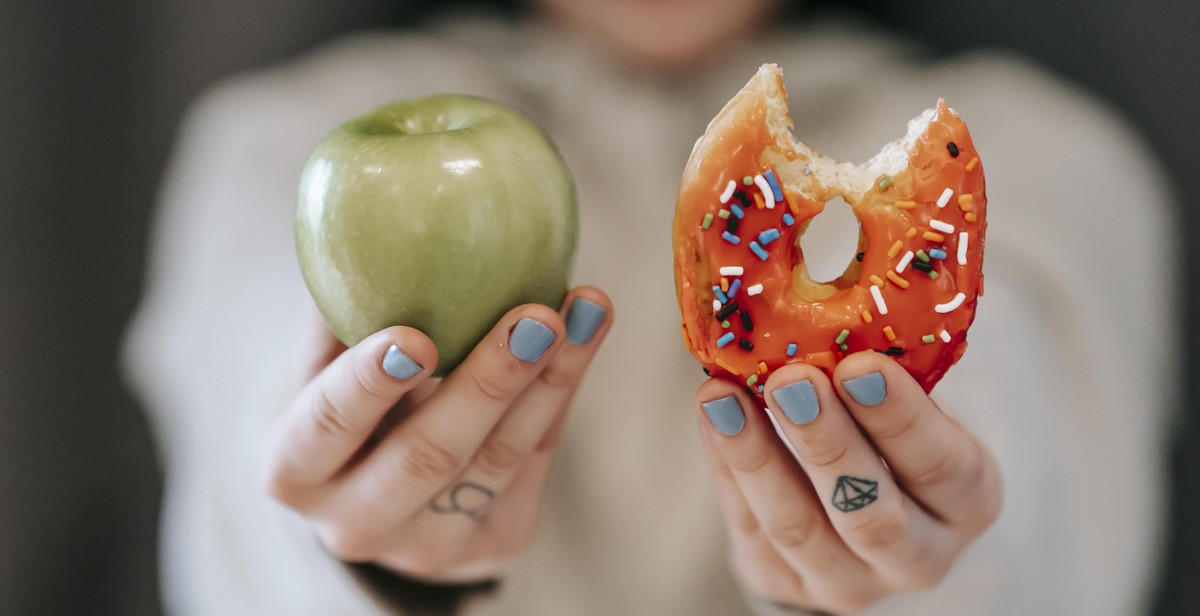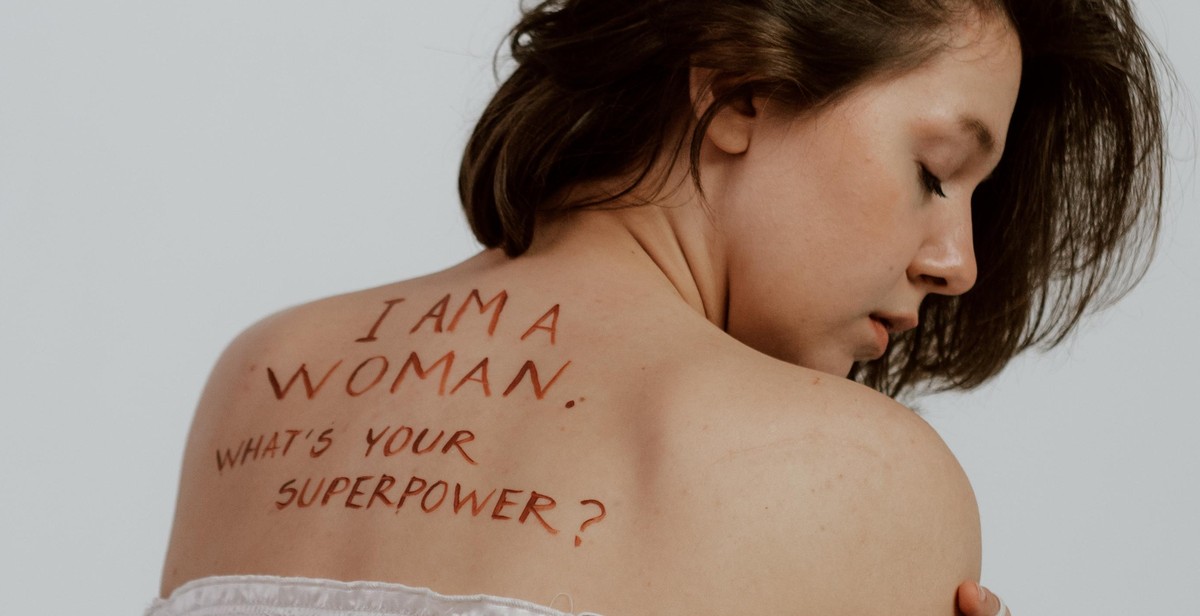Cultivating a Healthy Body Image: Strategies for Self-Love
Body image is an important aspect of our overall well-being. It affects how we feel about ourselves, how we interact with others, and our overall quality of life. Unfortunately, many people struggle with negative body image, which can lead to low self-esteem, depression, and other mental health issues.
As a professional article writer and content creator with over 10 years of experience, I have seen firsthand the impact that negative body image can have on individuals. However, I have also seen the power of self-love and positive body image in promoting mental and physical health.
In this article, I will share my personal experience and expertise on how to cultivate a healthy body image. I will provide strategies for self-love, including tips for positive self-talk, exercise, and self-care. Additionally, I will discuss the importance of seeking professional help when necessary.
Why is Body Image Important?
Body image is important because it affects our mental and physical health. Negative body image can lead to low self-esteem, depression, anxiety, and other mental health issues. It can also lead to unhealthy habits, such as disordered eating and a sedentary lifestyle. On the other hand, positive body image can promote self-love, confidence, and healthy habits.
In the following sections, I will provide strategies for cultivating a healthy body image and promoting self-love.

What is Body Image?
Body image refers to the way we perceive our physical appearance, as well as the thoughts and feelings that arise from this perception. It is a complex construct that is influenced by a range of factors, such as culture, media, family, peers, and personal experiences.
Body image can be positive or negative, and it can change over time. A positive body image involves feeling comfortable and confident in one’s own skin, appreciating one’s unique qualities, and accepting imperfections. A negative body image, on the other hand, involves feeling dissatisfied, self-conscious, and anxious about one’s appearance, and striving for an unrealistic or idealized standard of beauty.
Understanding Body Dysmorphia
Body dysmorphia is a mental health condition characterized by a preoccupation with perceived flaws or defects in one’s appearance that are not noticeable or only slightly noticeable to others. People with body dysmorphia may spend hours a day checking, grooming, or hiding their perceived flaws, or seeking reassurance from others. They may also avoid social situations or activities that expose their bodies, and may experience depression, anxiety, and other emotional distress as a result of their condition.
Body dysmorphia is not the same as a negative body image, although the two can coexist. While negative body image involves some level of dissatisfaction or discomfort with one’s appearance, body dysmorphia involves a distorted and obsessive focus on specific body parts or features, and can significantly impair one’s quality of life.
| Key Takeaways: |
|---|
| Body image refers to the way we perceive our physical appearance, and can be positive or negative. |
| Body dysmorphia is a mental health condition characterized by a preoccupation with perceived flaws or defects in one’s appearance that are not noticeable or only slightly noticeable to others. |
| Body dysmorphia is not the same as a negative body image, although the two can coexist. |

The Impact of Media on Body Image
The unrealistic standards of beauty portrayed in the media have a significant impact on body image. The media often presents an unattainable ideal of beauty, which can leave people feeling inadequate and dissatisfied with their own bodies.
The Unrealistic Standards of Beauty
The media’s portrayal of beauty is often heavily manipulated and unrealistic. Models and celebrities are airbrushed and photoshopped to appear flawless, creating an impossible standard of beauty. This can lead to feelings of inadequacy and low self-esteem, as people compare themselves to these unrealistic images.
Additionally, the media often promotes a narrow definition of beauty, which excludes people who do not fit into this narrow mold. This can lead to feelings of exclusion and marginalization for those who do not fit the media’s definition of beauty.
The Role of Social Media
Social media has only intensified the impact of media on body image. With the rise of social media platforms like Instagram and Snapchat, people are constantly bombarded with images of seemingly perfect bodies. Social media influencers often promote unrealistic beauty standards, which can be damaging to people’s body image.
Furthermore, social media allows people to constantly compare themselves to others, which can lead to feelings of inadequacy and low self-esteem. This constant comparison can be particularly harmful for young people, who are still developing their sense of self.
In conclusion, the media’s portrayal of beauty has a significant impact on body image, and social media has only intensified this impact. It is important to be aware of the unrealistic standards of beauty promoted by the media and to actively work towards cultivating a healthy body image.

The Importance of Self-Love
Self-love is a crucial component of cultivating a healthy body image. It involves accepting and appreciating yourself for who you are, including all your flaws and imperfections. When you love yourself, you are more likely to take care of your body and prioritize your well-being.
Boosts Confidence
When you have a healthy sense of self-love, you feel confident in your own skin. You are not constantly comparing yourself to others or seeking validation from external sources. This confidence allows you to pursue your goals and dreams without fear of judgment or failure.
Reduces Anxiety and Stress
Self-love also helps reduce anxiety and stress. When you are kind and compassionate to yourself, you are less likely to be hard on yourself or criticize yourself excessively. This can help reduce negative thoughts and emotions, leading to a more positive outlook on life.
Improves Relationships
Having a healthy sense of self-love can also improve your relationships with others. When you love and accept yourself, you are more likely to attract positive and healthy relationships. You are also more likely to set boundaries and communicate effectively, which can lead to more fulfilling relationships.
Encourages Healthy Habits
Self-love can also encourage healthy habits, such as regular exercise, healthy eating, and self-care. When you love yourself, you prioritize your health and well-being, which can lead to a happier and more fulfilling life.
Overall, self-love is a crucial component of cultivating a healthy body image. It can boost confidence, reduce anxiety and stress, improve relationships, and encourage healthy habits. By practicing self-love, you can learn to appreciate and accept yourself for who you are, leading to a happier and more fulfilling life.

Strategies for Cultivating a Healthy Body Image
As someone who struggled with body image for years, I know how difficult it can be to break free from negative thought patterns and cultivate a healthy relationship with your body. However, with consistent effort and the right strategies, it is possible to develop a positive body image and love yourself just as you are. Here are some strategies that have helped me on my journey:
Practice Self-Care
One of the most important things you can do for your body and mind is to practice self-care. This means taking care of your physical and emotional needs, whether that involves getting enough sleep, eating nourishing foods, exercising regularly, or engaging in activities that bring you joy. When you prioritize your own well-being, you are sending a message to yourself that you are worthy of love and care.
Surround Yourself with Positive Influences
The people you surround yourself with can have a big impact on your body image. If you spend time with people who constantly criticize their own bodies or judge others based on their appearance, it can be difficult to feel good about yourself. Instead, seek out friends and role models who promote body positivity and self-love. Follow social media accounts that celebrate diverse bodies and challenge societal beauty standards.
Challenge Negative Thoughts
When negative thoughts about your body arise, it can be tempting to believe them without question. However, it is important to recognize that these thoughts are often based on societal expectations and not on reality. Challenge these thoughts by asking yourself if they are true, where they come from, and what evidence you have to support them. Reframe negative thoughts into positive affirmations, such as “I am strong and capable” or “My body is unique and beautiful.”
Focus on Your Health, Not Your Appearance
Society often equates thinness with health, but the truth is that bodies come in all shapes and sizes. Instead of focusing on achieving a certain appearance, focus on taking care of your body in a way that feels good for you. This might involve eating a balanced diet, exercising regularly, getting enough sleep, or practicing stress-reducing activities like meditation. When you prioritize your health over your appearance, you are more likely to feel good about your body.
Conclusion
Cultivating a healthy body image takes time and effort, but it is possible. By practicing self-care, surrounding yourself with positive influences, challenging negative thoughts, and focusing on your health, you can learn to love your body just as it is.

Conclusion
Developing a healthy body image is an ongoing process that requires consistent effort and self-reflection. It is important to remember that beauty comes in all shapes and sizes, and there is no one-size-fits-all approach to achieving a positive body image. By implementing the strategies outlined in this article, you can cultivate a sense of self-love and confidence that will benefit your overall well-being.
Key Takeaways
- Focus on your strengths and positive qualities, rather than your physical appearance.
- Avoid comparing yourself to others, as this can lead to negative self-talk and feelings of inadequacy.
- Practice self-care activities that make you feel good, such as exercise, meditation, or spending time in nature.
- Surround yourself with positive influences, such as supportive friends and family members.
- Challenge negative thoughts and beliefs about yourself, and replace them with positive affirmations.
Final Thoughts
Remember, developing a healthy body image is a journey, not a destination. It takes time, patience, and commitment to self-care. By taking small steps each day to cultivate self-love and acceptance, you can achieve a positive body image and live a happier, healthier life.
